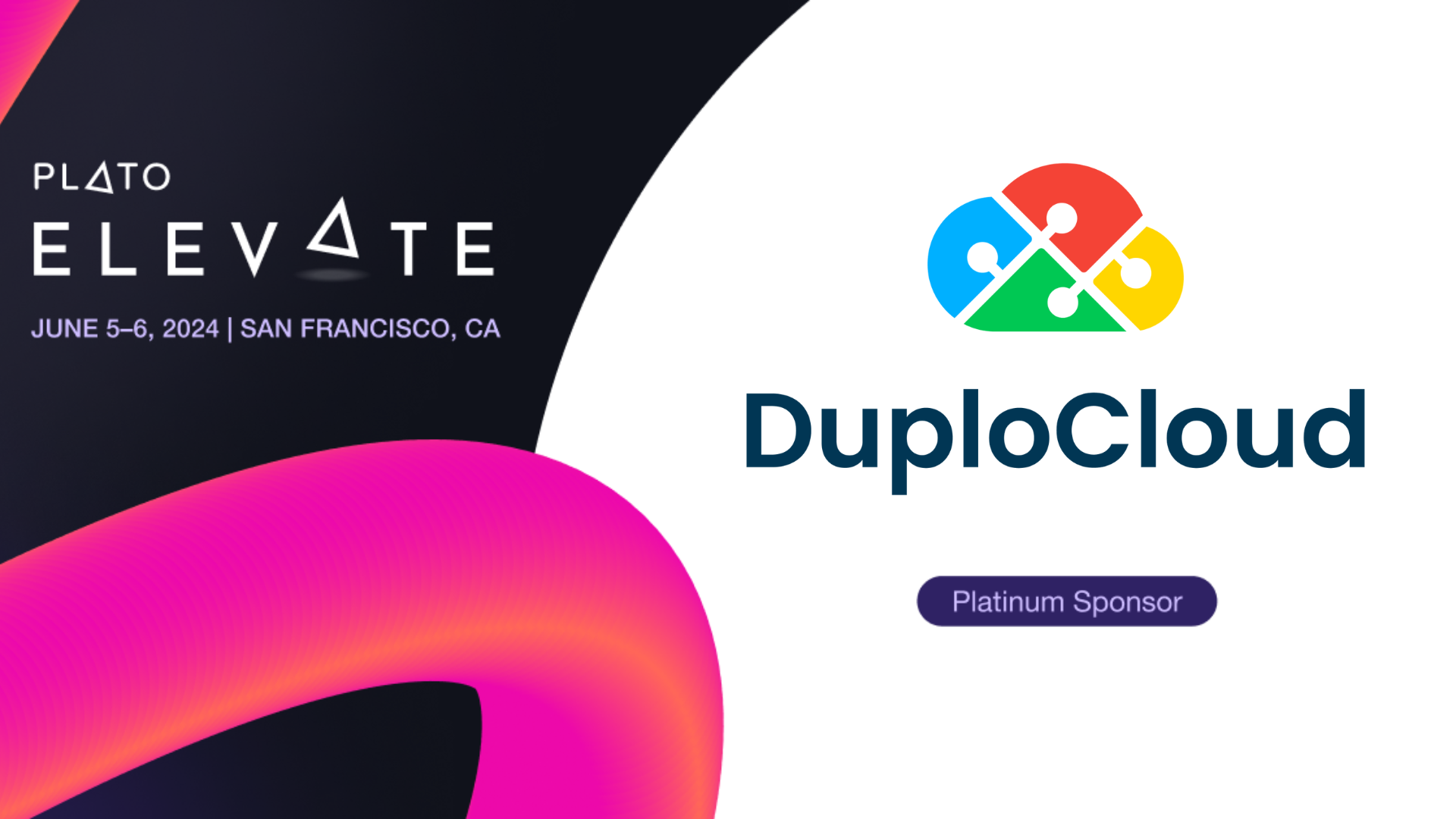The right tech helps ML engineers focus on building powerful machine learning models instead of managing manual configurations
Orchestration is a critical part of the machine learning (ML) development and deployment process. But tackling orchestration manually is ineffective at best, and error-prone and unnecessarily costly at worst. That’s why ML orchestration tools work to automate and streamline that process, making it easier for developers to do everything from managing data pipelines to deploying fully trained models at scale. These are the six best comprehensive solutions that developers, engineers, and data scientists can use to orchestrate machine learning pipelines more efficiently.
What Is ML Orchestration?
ML orchestration refers to the practice of automating all aspects of machine learning models at scale. Ideally, orchestration automates design, testing, deployment, monitoring, iteration, and every step in between. Because manually managing all those development processes is incredibly costly and time-consuming, ML orchestration tools help developers automate as much as possible so they can focus their efforts on building ML models instead of orchestrating them. This is a better use of highly specialized development talent and organizational resources, especially as the orchestration tools available on the market today continue to mature.
To learn more about how low-code and no-code automation supports faster time-to-market and more efficient development, download our free whitepaper:

The 6 Best ML Orchestration Tools
#1: DuploCloud
DuploCloud streamlines AI and ML orchestration, enhances security, and empowers developers to scale seamlessly, all within the same environment. The low-code/no-code platform makes it easy to implement Amazon Web Services (AWS) workflows or deploy large language models through Google Kubernetes Engine (GKE). Extensive integrations with popular DevOps tools make it easy for teams to use DuploCloud to build ML models without having to redesign their org charts or refactor their code base. Here are some of the most exciting features DuploCloud offers machine learning developers and data scientists:
- Access-based security: DuploCloud offers end-to-end encryption, threat detection, and automated compliance checks so developers can launch with strengthened ML security from day one.
- Integrated CI/CD pipelines: With continuous integration and continuous deployment features, DuploCloud ensures that each release and update is both faster and more reliable.
- Real-time monitoring: DuploCloud’s 24/7 security and around-the-clock monitoring systems deliver real-time insights that developers can use to identify risks, resolve issues, and improve performance.
- Infrastructure as code: If you decide to use IaC, standardizing and automating infrastructure setup with DuploCloud makes it easy to manage, replicate, and scale experiments and deployments consistently.
#2: Airflow
Airflow was originally built at Airbnb, but the Apache Software Foundation has been running the open-source Python project since 2016. The platform is designed to help developers design, schedule, and monitor complex workflows programmatically. Although it isn’t used only for machine learning orchestration, Airflow remains one of the most popular ML tools on the market today, thanks to benefits like:
- Modular architecture for infinite scalability
- Dynamic pipeline generation defined in Python
- Extensible libraries for variable levels of abstraction
- Lean design and templated code consistency
Airflow is easy to use thanks to its web application interface and its reliance on Python. It integrates with AWS, Google Cloud Platform (GCS), and Microsoft Azure, so developers can extend to existing infrastructures without any issues. And with an active community using and contributing to the open-source platform, Airflow offers a huge repository of documentation and support.
#3: Kedro
Kedro is another Python-based open-source workflow orchestration framework. Engineers can use it to explore and transition production-ready code into their experiments. Kedro standardizes the code used in machine learning projects so that data science and engineering teams can collaborate seamlessly. The major features of Kedro’s data science development environment include:
- Kedro-Viz: Developers can visualize pipelines and workflows with clear blueprints that make it easy to track experiments, trace data lineage, and collaborate with stakeholders.
- Data Catalog: Kedro’s lightweight data connectors make it easy to save, load, and integrate data from a wide variety of file systems and file formats.
- Project Templates: Developers can use Kedro to design standardized templates that keep configurations, code, tests, and docs consistent across every project.
Kedro also supports seamless integrations with popular development tools and deployment environments like Amazon SageMaker, Apache Airflow and Spark, Argo, Azure ML, Databricks, Docker, Kubeflow, and Prefect.
#4: Kubeflow
Kubeflow is a free open-source toolkit that puts Kubernetes to work specifically for ML pipeline orchestration. Its pre-configured containers are designed to support the entire ML operations lifecycle from training and testing to deployment. Although Googlers were responsible for the origin of Kubernetes, developers from major tech players including Google, Cisco, IBM, and Red Hat all came together to launch Kubeflow. The toolkit combines containerized Kubernetes application development with easy integrations to popular ML workflow systems like Airflow. In that sense, Kubeflow is often part of a broader ML tech stack as opposed to standing alone as a one-stop-shop platform.
#5: Metaflow
Metaflow is a framework built to support ML and AI projects. Its workflow management features aim to help data scientists focus on the hard work of building models instead of getting bogged down in manual management tasks and machine learning operations or MLOps orchestration tasks. Metaflow enables engineers to run experiments, developing, testing, debugging, and analyzing their results locally. Metaflow also makes it easy to scale to the cloud by facilitating collaboration across multiple cores and instances. And once engineers are satisfied with their experiments, they can deploy workflows to production and trust that they will automatically update in response to changing data.
Metaflow was originally developed at Netflix, so there’s no surprise that it’s an expansive tool. It integrates seamlessly with major cloud providers like AWS, GCP, and Microsoft Azure, in addition to various machine-learning oriented programming languages.
#6: Prefect
Prefect is a modern workflow orchestration platform that promises increased flexibility and simplicity compared to solutions like Airflow. Its focus on fully local building, debugging, and deployment sets it apart, in addition to easy setup and quick pipeline deployment. There are three main products under Prefect’s umbrella:
- Prefect Cloud: This fully managed workflow orchestration option allows machine learning developers to benefit from a fully hosted service.
- Prefect Open Source: Billed as an alternative to Airflow, the open-source option allows developers to select the tools and features that support their workflows.
- Marvin AI: This engineering framework is specifically designed to help developers’ AI models, classifiers, functions, and full applications built on natural language interfaces.
DuploCloud Makes ML Orchestration Easy
Finding the right ML orchestration tool requires a clear understanding of your organization’s needs and your team’s workflows. DuploCloud streamlines AI and ML orchestration, replacing time-consuming and error-prone manual configurations with a fully automated low-code/no-code approach. The platform’s advanced features like continuous monitoring and reporting, automatic compliance checks, and seamless platform integrations allow MLOps and DevOps engineers to focus on highly specialized and valuable work. DuploCloud even speeds up deployment times by 10x. Contact us today to see how DuploCloud can help take your ML pipeline orchestration to the next level.









